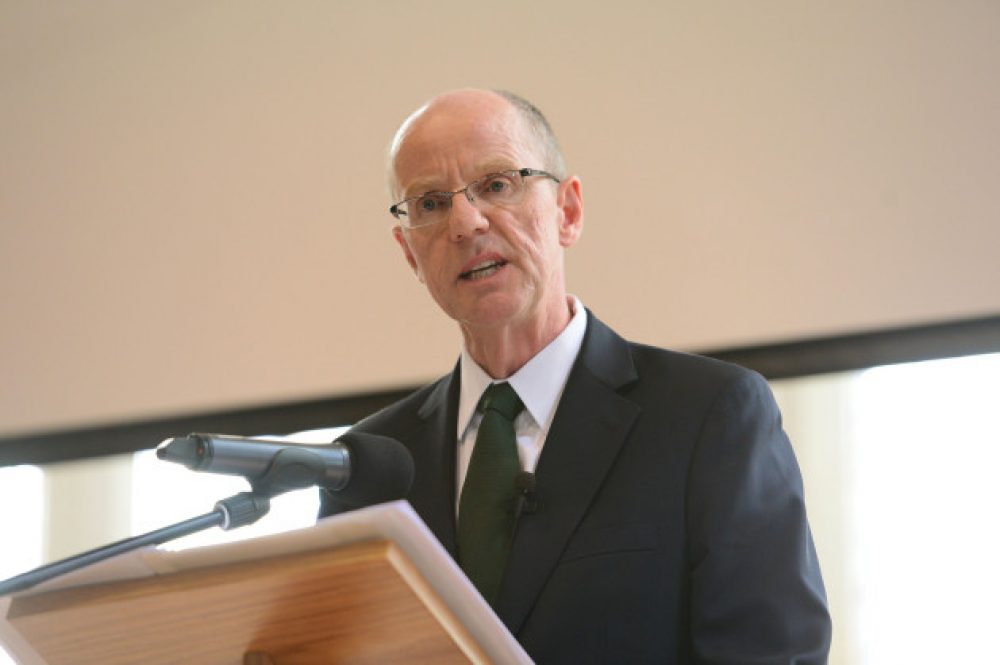Children could be taught how to calculate change in house prices, or the value of mortgages, as part of new vocational maths qualifications announced today.
Six new post-16 qualifications have been announced by the government, as part of a drive to boost practical maths skills.
The level three qualifications will count towards new performance tables from 2017, the government said, and will count as part of the TechBacc (Technical Baccalaureate) from 2016.
Announcing the qualifications, School Reform Minister Nick Gibb (pictured) said that they would help tackle a “maths gap” post-16.
Mr Gibb said: “Only a fifth of pupils in England continue to study maths at any level after achieving a GCSE – the lowest of 24 developed countries.
“These new core maths qualifications will help address a 16 to 18 ‘maths gap’ whereby students who achieve a good maths grade at GCSE currently drop the subject and start to lose their confidence and skills.
“Thanks to these new high-quality courses more pupils will be able to continue their study of maths, ensuring more young people leave education properly prepared for the demands of university, work and life in modern Britain.”
The six qualifications announced today have been accredited by the exams regulator Ofqual, and have been reviewed by an expert panel, the Department for Educations said.
Among the topics which it said would be covered in the new qualifications are changes in property prices and trends in population growth.
The TechBacc is the government’s new performance measure for technical education, which will first be reported on in 2016. In order to achieve the TechBacc, students must complete core maths, plus one or more of a number of designated level three qualifications and an extended project
The government now requires all of those who complete secondary school without at least a grade C in GCSE maths to continue studying the subject.
The qualifications are:
• City & Guilds – level 3 certificate in using and applying mathematics
• OCR – level 3 certificates in quantitative problem solving
• OCR – level 3 certificate in quantitative reasoning
• Pearson Edexcel – level 3 certificate in mathematics in context
• AQA – level 3 certificate in mathematical studies
• WJEC Eduqas – level 3 certificate in mathematics for work and life
Efforts to boost the number of children studying maths were welcomed by Mary Bousted, general secretary of the Association of Teachers and Lecturers (ATL), though she questioned where the funding for this would come from.
Dr Bousted said: “We agree that more young people, particularly girls, should be encouraged to study maths to level 3 AS/A level, but following the Government’s cuts to post-16 education, and the swingeing cuts to come, how will extra classes be funded? And where will the additional maths teachers come from to teach these subjects?”







The alphabet soup machine churns on. This is a great idea, but it needs to be given a single name and to be part of a single widely understood and respected, qualification. In the education world we know what it is and how useful it is, but to the outside world it is yet another “here today gone tomorrow” qualification that is not as good as A-level.
“House prices and population”? If you are going to blow a dog whistle please make sure the rest of us cannot hear it – its just annoying.
why is there not more consideration of maths at level 2? these qualifications are great but there needs to be work done on the courses available pre-16 too.